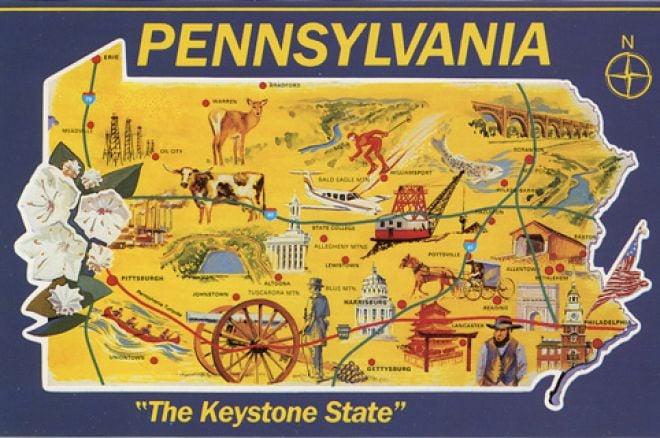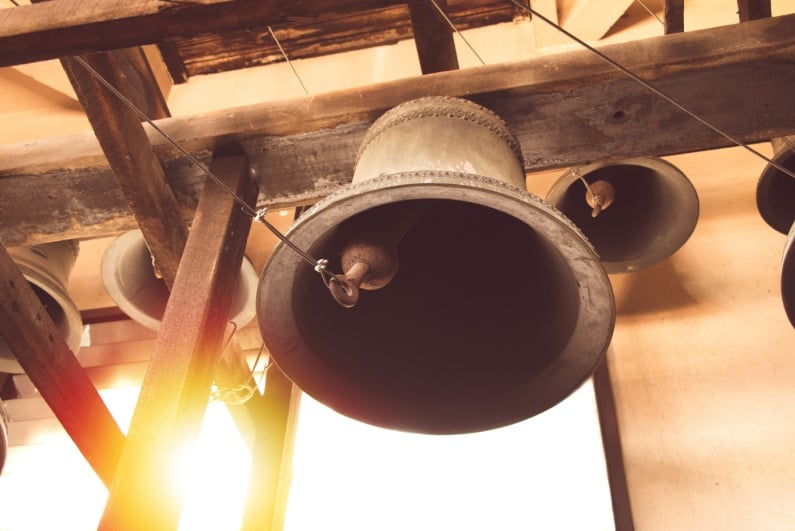30-second summary
- Pennsylvania hit record high casino revenues in 2018
- Table game revenues down slightly
- Slot machine revenue was the main driver
- Ongoing disputes between the state and the major casinos
- Online sports betting is on the way in 2019
Record high revenues in 2018
The Pennsylvania Gaming Control Board has published the casino revenue figures for the state in 2018. They show that new all-time highs were hit for table games and slot machines.
The total revenue figure for 2018 was $3.25bn. This is in comparison with $3.23bn in 2017. Table gaming revenues fell by 1.3% year on year, but this did not stop a new overall revenue record being hit. Slot machines were the driving force of this growth, having a year-on-year rise worth $32m.
The state benefits handsomely from gambling revenue. Tax revenue from table games and slot machines for 2018 was $1.38bn. This is a significant revenue driver and the proceeds will fund a number of good causes.
The industry has come a long way in just over a decade. Slot machines became legal at the end of 2006. In the first full year of operations, slot machine revenues were just over $1bn in 2007. This is in comparison with $2.37bn in 2018.
Table games became legal in Pennsylvania in 2010. The first full-year figures for the sector in 2011 saw revenues of almost $619m. This compares with $879m in 2018.
Despite a drop in table game revenues year on year of 8.74%, the Sands Casino Resort Bethlehem still led the way for table game revenues at $221m. Next in the rankings were Parx Casino and the SugarHouse Casino, respectively. The same order of ranking holds true for slot machine revenues.
Pennsylvania has the second largest casino revenues in the US, behind only Nevada. It is looking to cement its position and to continue growing its gambling revenues.
Good year despite strained relationships
The gambling sector had a somewhat turbulent year in Pennsylvania.
There was a lot of controversy over the government’s iLottery platform. It was originally supposed to cater for the state lottery, but ended up incorporating casino-type games as part of its offering. The games were very similar to slots games on online casinos.
This was triggered a dispute with the casino operators in the state, which were preparing to launch their own online casinos.
Under state law, the government is not legally able to offer such games that are almost identical to casino games. There was a stand-off for some time on the issue, with a group of 13 operators banding together to file legal action against the state.
The operators were also unhappy about the hefty 54% tax rate on online slot revenues.
A further issue is that players can use the iLottery platform if they are 18 years old, but they must be at least 21 to play at online casinos.
Sports betting in Pennsylvania
Sports betting was launched in the state in November 2018. Online licenses are available, but no online sportsbooks have opened as of yet.
Operators were planning to launch online operations by spring 2019. However, now that the US Department of Justice has changed its opinion on the 1961 Wire Act, there is a lot of uncertainty in the space. It is likely there will be delays in launching online gambling until the DOJ clarifies its stance.
Operators have been given a 90-day deadline to fall in line with the new interpretation of the Act. The state regulator is continuing on as normal, saying it will “continue to regulate the legal forms of gaming as provided for in the Gaming Act.”
However, the regulator will also “thoroughly review and discuss the [DOJ] opinion to gauge any ramifications to gaming activities in Pennsylvania.”
It took time for operators to get on board with sports betting in the state. This was largely due to the hefty license fees and the high tax rate on revenues. The fee for sports betting licenses is $10m and the tax rate on subsequent revenues is 36%.
There could be an eventual lowering of the tax rate in the future. The only state with a higher rate is Rhode Island, which has a 51% tax on sports betting revenues.




